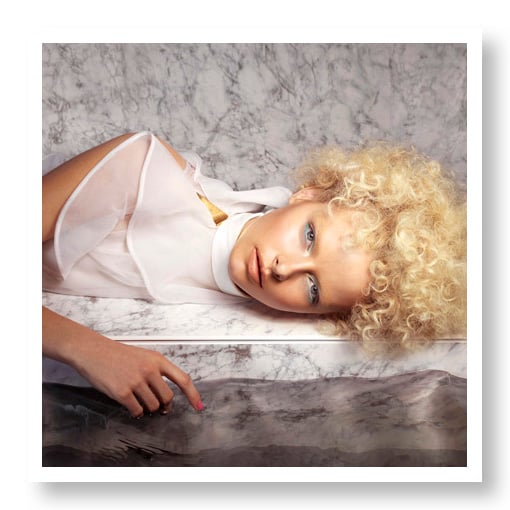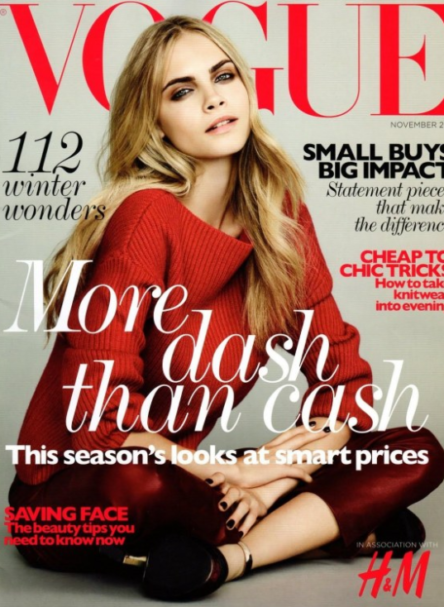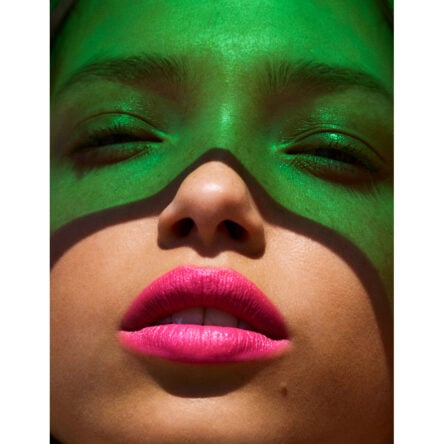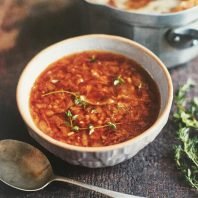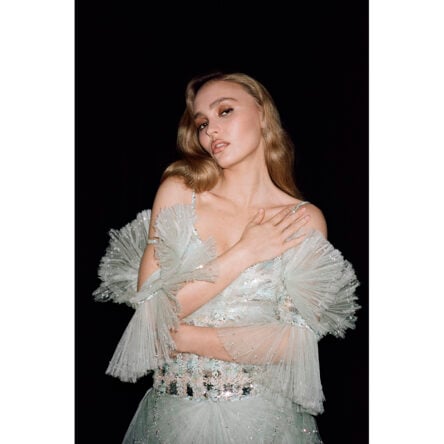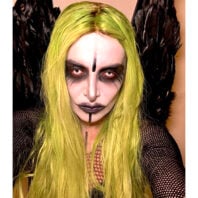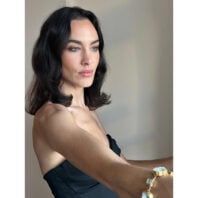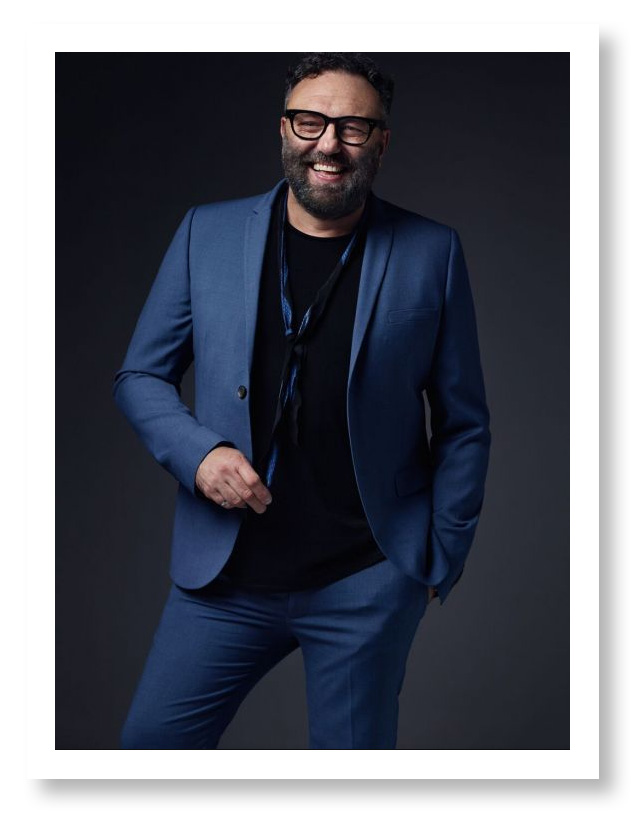
Curly hair takes on many different forms – from frizzy, to corkscrew, to big and bold, but whatever form your natural curls take, curly hair needs special attention to keep it looking its best. Fortunately for us coming into prime frizz season, Neil has shared all of his top tips to keep our curls in check…
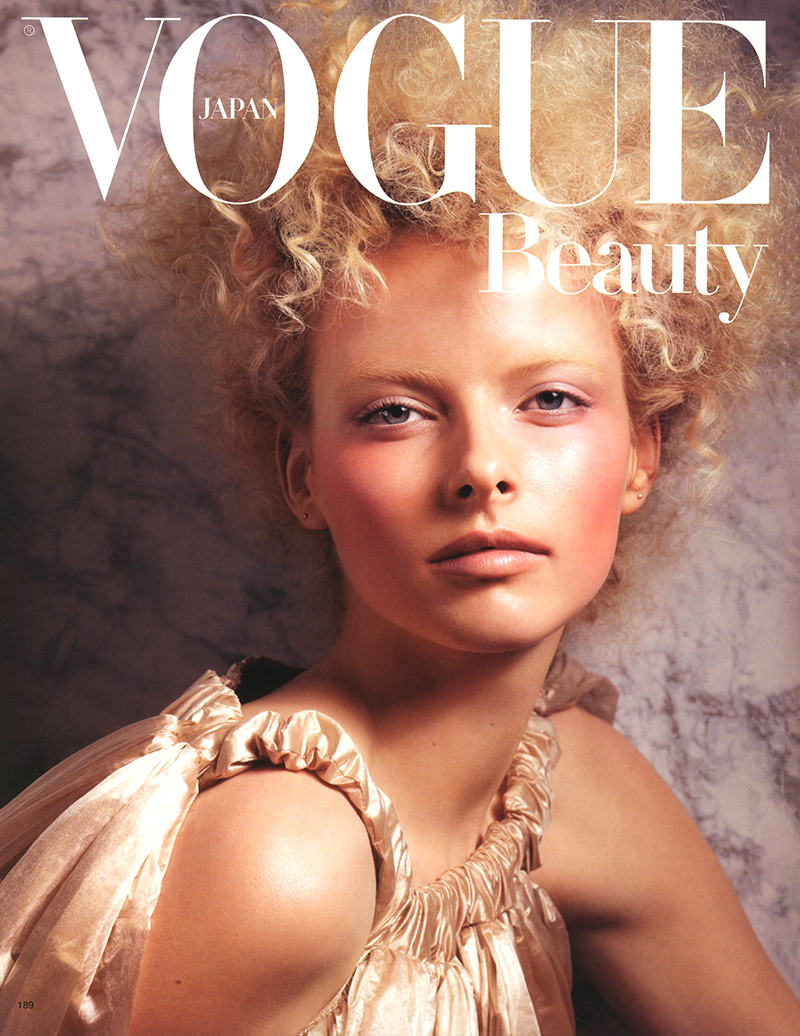
NEIL RECOMMENDS:
Top products for curly hair
To dry curls naturally without frizz, it’s important to use the right amount of product in your hair. Anything heavily silicone based will make your hair seem oily.
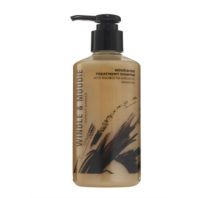
Windle & Moodie Nourishing Treatment
This Shampoo and Conditioner is perfect for naturally curly hair. Contains Rooibos Tea and Argan Oil and the good news is that they are bringing out an Ultra version in July 2017 so stay posted for that!
Aveda Be Curly Range
For intensifying curls, taming frizz and heightening shine. Wheat protein blend expands when hair is wet-then retracts when hair is dry-to lock in curls or waves.
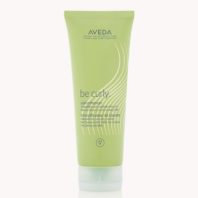
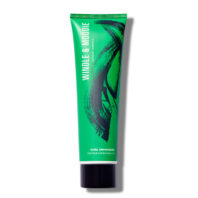
Windle & Moodie Curl Enhancer
Containing a unique enzyme to help bond the hair, creating a perfectly formed, naturally shiny curl. It also contains a UV filter so protects your hair from drying out more in the sun. You can layer their Invisible Day & Night Cream underneath which is a light hair moisturiser containing monoi oil, sugar beet extract and aloe vera. (I use this on my hair every day.)
Oribe Curl Control Silkening Crème
This cream is great for adding hold and moisture, with ultra-hydrating avocado, apricot and coconut oils. Curls and waves are given definition, with all-day frizz-control and support
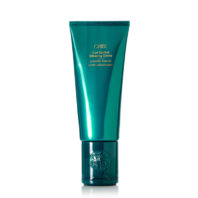
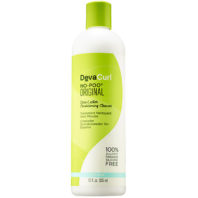
Deva Curl No Poo Cleanser
The moisturising, non-lathering formula with peppermint and grapeseed oil, stimulates and cleans the scalp and hair without stripping away the natural oils your curls need
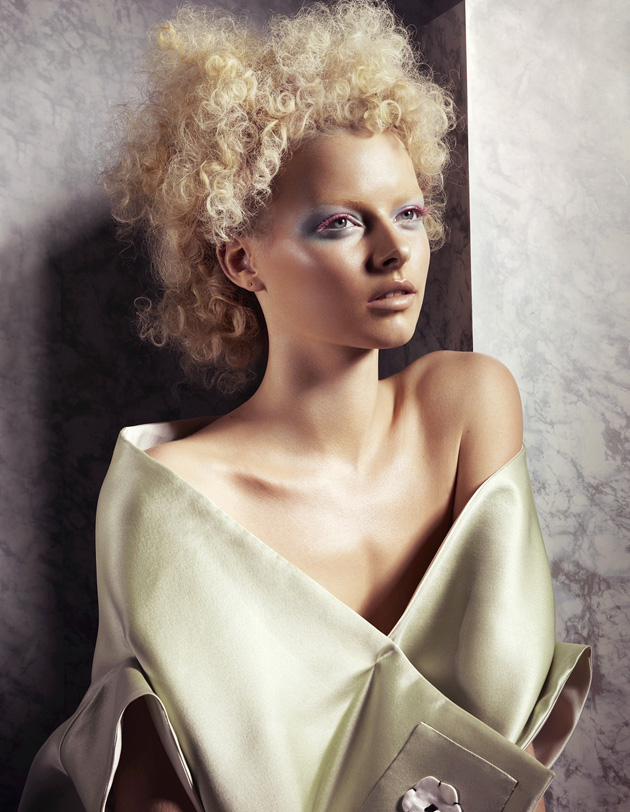
How to style…
Anyone who has curly hair knows – curls can be temperamental.
- Make sure you have a diffuser. Even a travel sock diffuser is fine.
- After shampooing/conditioning, apply your styling product all the way through the hair – roots to ends; people always do the ends and forget the roots, curly hair roots don’t like it when you leave them out. They go frizzy and flat on you. Also try not to towel dry your hair too much. The more wet it is the more the hairs bond to create a great looking curl.
- Use your fingers as a comb – try not to keep combing your hair though – this stops the hairs bonding together to make a strong curl
- Dry your hair with a diffuser on your dryer (AND DO NOT TOUCH) – only use your fingers to keep shaking out at the roots a little.
- If possible don’t dry completely. Leave a little damp so it can dry off on its own.
- Once completely dry use only your fingers to shake the hair out. DO NOT comb or brush, this will make it frizzy.
- If humidity attacks your hair throughout the day – add some Windle and Moodie Invisible Day & Night Cream to calm it down.
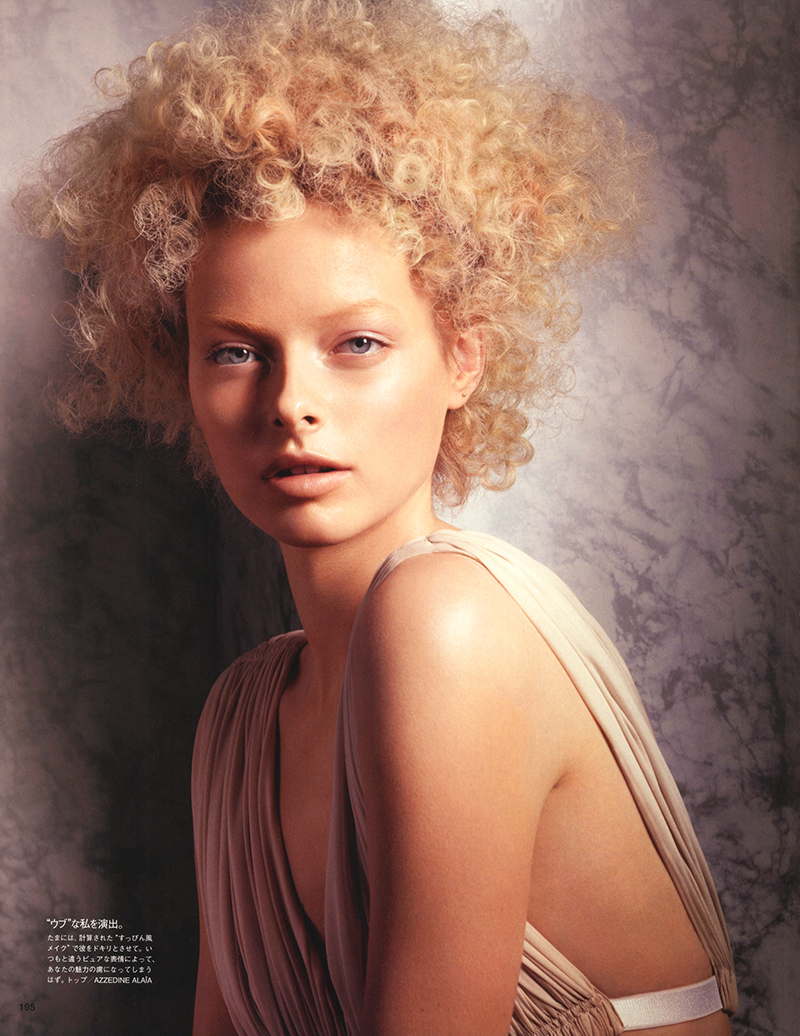
Getting Technical On Curls
Why do some people get curly hair?
Genetics play a huge part of how our hair is. My father descended from the Australian Aborigines, so he had wiry, almost afro- type hair. My Mother, purely English, has the straightest hair on the planet. Mix them together and you get potential for the perfect ringlet curls, much to my mother’s jealous horror, but without any professional help or product, my curls can be unruly.
What makes the hair go curly?
The shape of the follicle, the part of the skin that the hair grows out of, determines whether you will have curly hair or not. If a follicle is asymmetric or flat, this causes an oval shaped hair strand to grow, thus creating a curl. A research team in France compared varying hair fibres using electron microscopy, and found curly hair strands have an unbalanced distribution of protein keratin, which has a tendency to gather on the inside edge of the hair shaft. All a bit technical I know, but helps to explain why I guess. I just blame my father for mine.
Why is curly hair prone to frizz & dryness?
Curly hair is drier than straight hair, basically because the natural oils produced by our scalp can’t travel as easily down the hair shaft like it does on straight hair. Curly hair can also look frizzy if the hairs haven’t been bonded together to create a defined curl.
Take a look at some of Neil’s work…
CURL ENEMIES
If I had a £1 for every time I’m asked how to cope with curly hair, I’d be a rich man now. These are my staple rules to stick to when it comes to curly hair:
Try to avoid the stuff with Silicones, Parabens, Propylene Glycol and sulphates in – they are in a lot of hair care products, so check the labels carefully before you buy.
WHY?
Silicones – create the illusion of healthy hair initially but they actually clog pores and dry the hair from the inside out.
Propylene Glycol – this is used in hair products as an anti humectant. Whilst they do stop moisture from getting to your hair, research has shown that Propylene Glycol will make hair naturally more dry and frizzy, so it ends up being counterproductive.
Parabens – are anti-microbial and anti fungal, and are used in lots of cosmetics (makeup and skincare included) as a preservative ingredient but it has been proven to cause the hair to become dry, which makes it coarse and frizzy. Research has also previously linked parabens within breast cancer tumours and whilst no direct link was confirmed, many manufacturers now avoid using it as a precautionary measure.
Sulphates – are added to hair care to make them foam up. It’s a foaming agent, which is used in many cosmetic products, but it’s also known to cause dryness of the scalp, the hair & can cause other areas of skin that are in contact with the product to become irritated.
Happy Curling!
© Wendy Rowe. All Rights Reserved.

